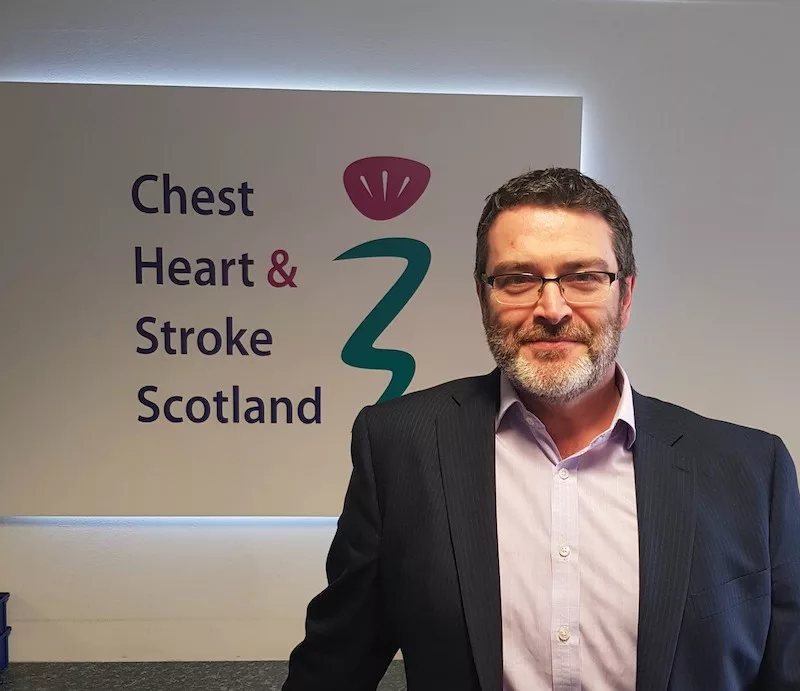The Scottish Government has been accused of failing stroke survivors in the Highlands after new figures revealed that fewer than half of patients in the region received the full standard of care designed to give them the best chance of survival and recovery.
Data from Public Health Scotland’s Scottish Stroke Improvement Programme shows that just 40.5 per cent of the 746 people who suffered a stroke in the Highlands in 2024 received the full “stroke care bundle”, a package including aspirin, access to a stroke unit, brain imaging, and swallow screening, well short of the government’s national target of 80 per cent and a drop of more than four percentage points from 2023.
Across Scotland, the figures are similarly bleak, with only 52.9 per cent of the 11,341 people who suffered a stroke last year receiving the bundle, marking the seventh year in a row that the government has missed its own target.
Stroke remains one of the leading causes of long-term adult disability in Scotland, and health experts say the quality and speed of care can be the difference between a strong recovery and a lifetime of serious complications.
Chest Heart & Stroke Scotland (CHSS), the country’s largest health charity, has called on the Scottish Government to make stroke care an urgent priority, and to address the lack of widespread access to thrombectomy, a potentially life-changing procedure for some patients.
Allan Cowie, chief operating officer at CHSS, said the latest results were “grim reading” for patients, families and NHS staff alike.
“Sadly this is the seventh straight year that the Scottish Government has failed to hit its own targets for stroke care,” he said.
“This government has failed stroke survivors and is failing our NHS colleagues who are doing the absolute best they can with the inadequate resources they’re currently being given.”
He warned that continued underinvestment would mean both higher costs and poorer outcomes.
“While we recognise the financial constraints facing the government, the continued underinvestment in stroke care is resulting in significantly higher long-term costs, both through prolonged hospital stays and the extensive support required for individuals living with stroke-related disabilities,” he said.
“This ongoing shortfall is not only economically unsustainable but is also costing lives.
“Immediate action is imperative.”
Despite the national picture, NHS Highland has strengthened its local commitment to stroke care through a partnership with CHSS, bringing a dedicated Community Stroke Specialist Nurse service and wider community support to help patients manage their recovery with confidence.
Mr Cowie said the joint approach was helping stroke survivors in the Highlands receive tailored support to promote independence and long-term wellbeing, but stressed that this local progress could not replace the need for national investment and urgent government action.
If you’re living with the effects of a chest, heart or stroke condition or Long Covid and are looking for advice and information, please contact Chest Heart & Stroke Scotland’s Advice Line on 0808 801 0899.
You can also text ADVICE to 66777 or email adviceline@chss.org.uk





